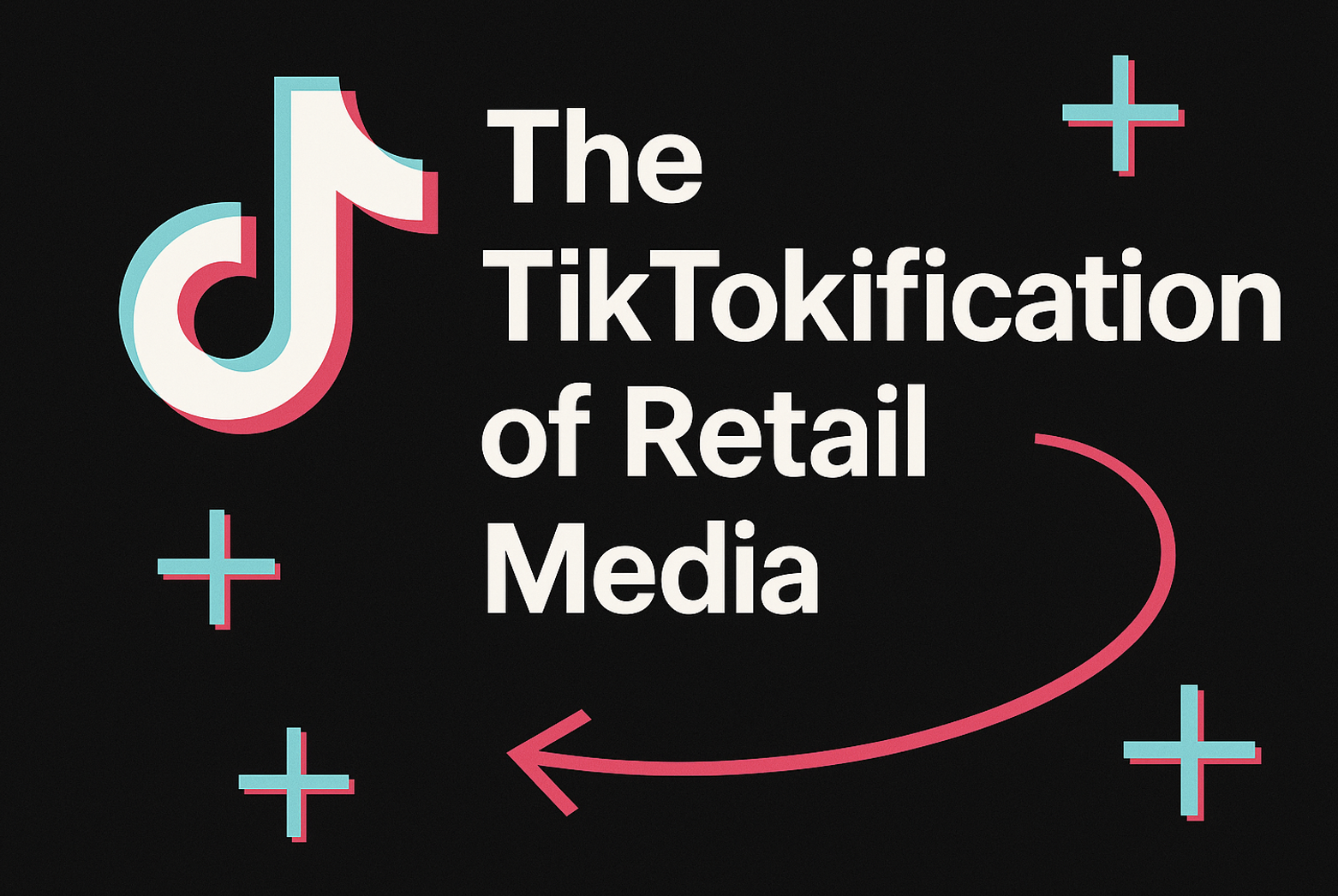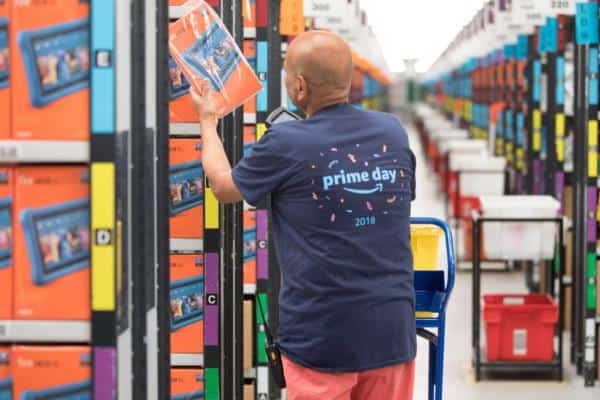Hundreds of Argos drivers are poised to take industrial action, as Unite – the UK’s largest trade union – ballots members over plans to move 96 drivers to Eddie Stobart.
The drivers, based at Magna Park, are the last of Argos’s directly employed drivers at the site, the rest having been outsourced to Wincanton already. According to a statement issued by the union’s national officer for road transport, Matt Draper: “While, as a union, we would prefer all workers to be employed in-house, we regard Wincanton as a superior employer to Eddie Stobart.”
The ballot closes on 31 May, and is going out to drivers, admin staff, and staff in the DC. The result could lead to a strike, or lesser forms of industrial action.
In April Unite settled a dispute which centred on the transfer of 87 Co-op Coventry-based drivers to Eddie Stobart. The majority of the Coventry drivers preferred to take the severance package rather than accept the transfer, the union said.
Earlier this month, XPO Logistics was the target of a protest involving Unite and the US trade union the Teamsters. In a statement, the Teamsters said: “XPO is mismanaging the integration of its new businesses which has created significant operational and financial risk for the company and its investors. XPO is mistreating former Con-way Freight workers with terminal closures, subcontracting and layoffs, along with refusing to bargain in good faith. XPO port and rail drivers are fighting company wage theft in excess of $200 million because of persistent misclassification as independent contractors, a scheme that the National Labor Relations Board has ruled is designed to deny workers’ federal right to form their union.
“XPO’s greed also extends to Europe beginning with breaking its promise to not layoff any workers for at least 18 months after XPO’s purchase of Norbert Dentressangle SA. French workers and their unions have been fighting back against XPO’s disrespect, lies and attempts to slash jobs. Similar struggles with XPO are taking place in Great Britain, Spain, Belgium, the Netherlands, and across Europe.”
In response, XPO issued the following statement: “XPO Logistics continues to pursue a consistent strategic plan focused on growing all acquired areas of the business in Europe as part of an integrated global offering. This plan is progressing successfully on schedule. In Lyon, France, our European headquarters, we have an experienced leadership team in place to guide our businesses in the three sectors of transport, logistics and freight forwarding.
“With respect to the two Supply Chain sites in Monteux (Vaucluse, France) and Lagny-Le-Sec (Oise, France), customer decisions led to job redundancies of 45 positons and 21 positions, respectively. The redundancies were unrelated to the acquisition and these sites still are operating with fewer employees. We are working diligently to secure re-employment opportunities for the affected employees. XPO currently has over 400 job opportunities open in France, including open positions in our Supply Chain operations in Vaucluse and Bouches-du-Rhône. There also are opportunities for Lagny-Le-Sec drivers in Ile-de-France and Oise within our Transport and Distribution businesses.
“The company has often met, and will continue to meet, with union representatives as appropriate and in the best interests of all its stakeholders.”
The eDelivery View:
Maybe it’s purely a coincidence that at the press conference to announce the formal completion of its acquisition of TNT, FedEx Express CEO & president, David Bronczek, stressed the importance of people and culture.
There’s been such a shift in the role of what have been until recently back office functions like transport and logistics; the growth of ecommerce means that waiting for a delivery is now a part of daily life for millions of shoppers and consequently the quality of those deliveries reflects on the brands concerned. When things go wrong, as they always will, consumers are quick to vent their anger at not just the carrier but the retailer concerned too.
But as the need to provide better, more flexible services grows, the carrier sector is being called upon to behave with ever increasing degrees of agility. That creates a tension between old and new ways of working; whether battling with legacy IT systems that can’t roll out new services fast enough, or struggle with increasing volumes of data, or calling on staff to change the way they work.
Some of those tensions will inevitably lead to conflicts, such as those seen here, and the ever looming threat of sharing economy providers, using an army of non-professional drivers to potentially get involved with parcel delivery will only raise the stakes for all involved.








